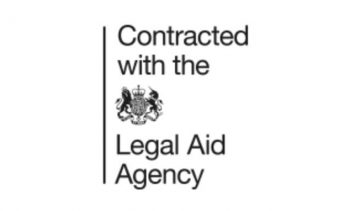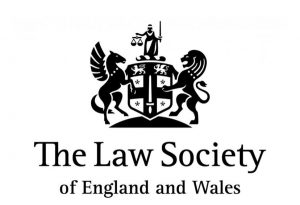
Cohabiting Couples – What rights do they have?
There is a common misconception for partners who are not married or in a civil partnership in that they tend to believe that they have automatic rights to each other’s assets when one of them dies.
Unfortunately, this is not the case. The type of assets that can be received by the partner are those that have been expressly stated in the Will or jointly owned by the partners.
If a partner dies without making a Will, then the rule of intestacy rules applies, the rule states who inherits deceased partners estate. There are no automatic rights for couples who are not married or in a civil partnership to inherit, regardless of the length of their relationship.
This could leave a partner in a difficult and uncertain situation.
The intestacy rules are old rules and do not take into consideration the modern family, because as well as not providing for partners, they do not provide for stepchildren (only natural and adopted children).
Under the intestacy rule, married or civil partners take priority (although they do not always receive everything), then children, parents, siblings then other relatives.
These are not always the people with who you would wish to inherit your assets.
It is important to note that assets owned jointly, will usually pass automatically to the surviving spouse, regardless of the provisions of a Will or the intestacy rule, however, only if the property in question is owned as joint tenants.
One thing we commonly see at the firm of Adel Jibs & Co Solicitors is that many do not realise that if you own a joint asset, it will not automatically pass to the survivor.
Whatever your circumstances, it is always important to take legal advice and complete a Will to make sure that your loved ones are protected in the case of any eventuality.
Please get in contact with our friendly Solicitors in Enfield Private Client Department who would be happy to talk you through the best advice to suit your needs


